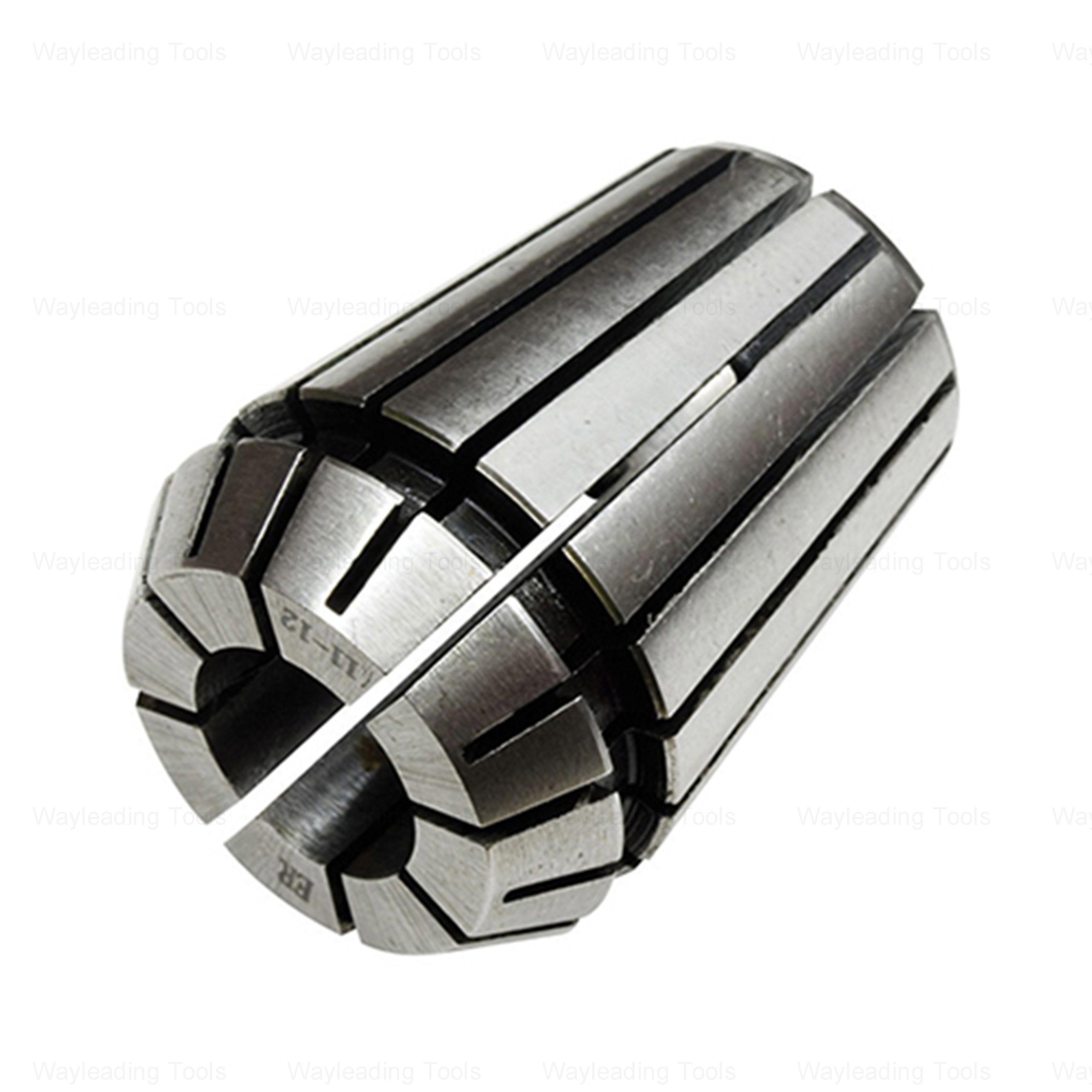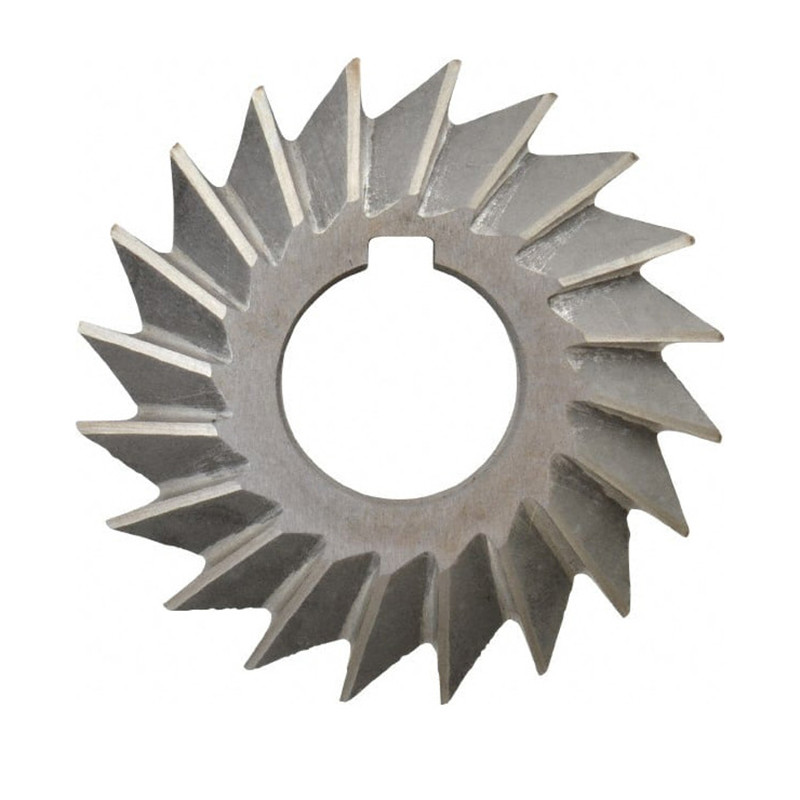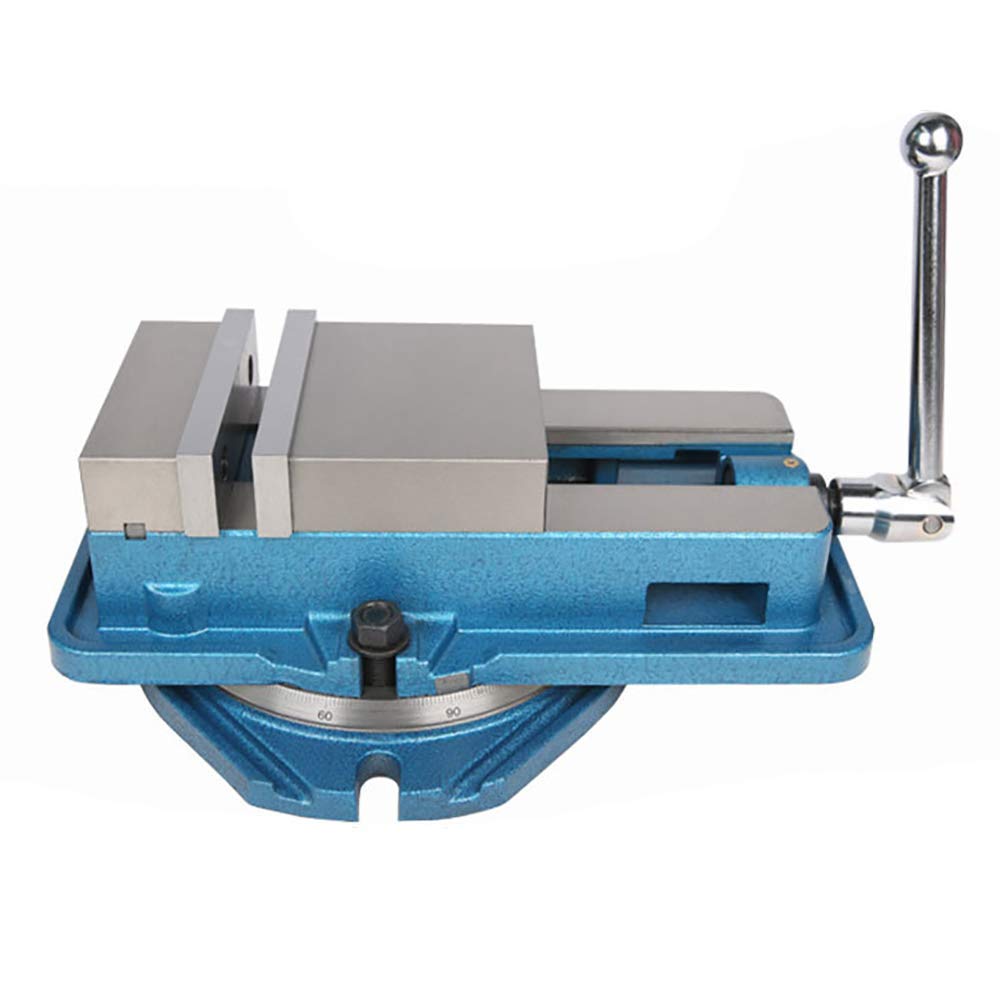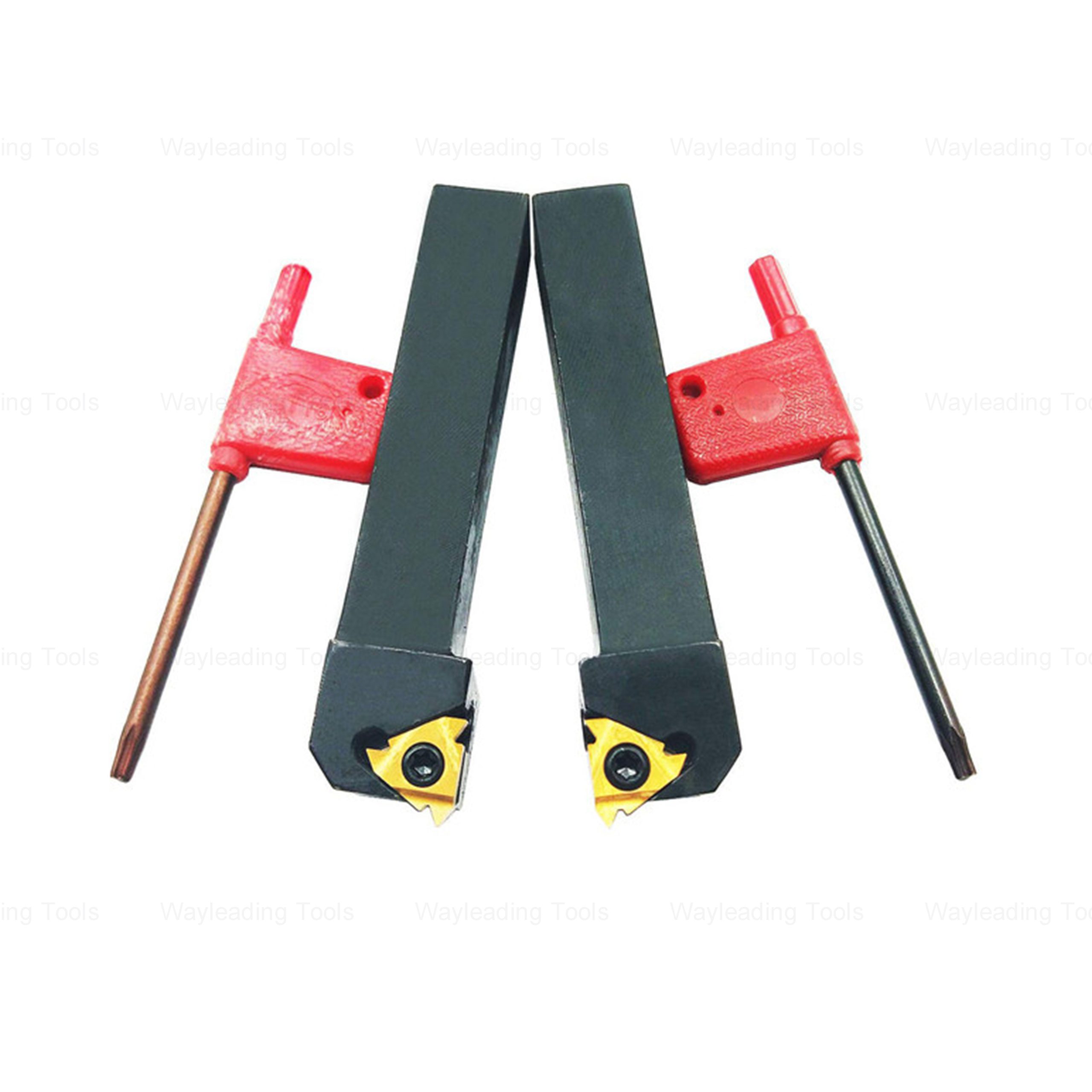High-Quality N55 threading insert
Finding the right high-quality N55 threading insert is crucial for precision machining. This guide explores the key features, selection criteria, applications, and maintenance of N55 threading inserts, ensuring optimal performance and longevity in your threading operations. Learn about different types, materials, coatings, and how to choose the best option for your specific needs from a reputable supplier like Wayleading Tools.
Understanding N55 Threading Inserts
N55 threading inserts are specialized cutting tools designed for creating precise threads in various materials. The 'N55' designation refers to a specific geometry and standard, often related to the insert's shape, size, and thread profile. These inserts are commonly used in CNC machines and other threading equipment to produce accurate and consistent threads on workpieces.
Key Features of High-Quality N55 Threading Inserts
- Precision Ground Threads: Ensures accurate thread formation and smooth surface finish.
- High-Quality Materials: Typically made from carbide or high-speed steel (HSS) for durability and wear resistance.
- Coatings: Coatings such as TiN (Titanium Nitride), TiCN (Titanium Carbonitride), or AlTiN (Aluminum Titanium Nitride) enhance hardness, heat resistance, and tool life.
- Consistent Geometry: Uniform shape and dimensions for repeatable performance.
- Sharp Cutting Edges: Minimize cutting forces and improve thread quality.
Selecting the Right N55 Threading Insert
Choosing the appropriate N55 threading insert depends on several factors, including the material being threaded, the type of thread required (e.g., metric, unified), and the machine being used. Wayleading Tools offers a wide selection of N55 threading inserts to meet diverse needs.
Factors to Consider
- Material Compatibility: Different materials require different insert grades and coatings. For example, threading stainless steel requires an insert with high heat resistance.
- Thread Type: Ensure the insert is designed for the specific thread type (e.g., metric, UN, NPT).
- Pitch: The pitch of the thread must match the insert's design.
- Machine Compatibility: The insert must be compatible with the machine's tool holder and threading capabilities.
- Coolant Application: Consider whether coolant is required and choose an insert design that facilitates coolant flow.
Types of N55 Threading Inserts
- Full Profile Inserts: Cut the entire thread profile in one pass, resulting in high accuracy and efficiency.
- Partial Profile Inserts: Require multiple passes to complete the thread profile, allowing for greater flexibility and control.
- Indexable Inserts: Feature multiple cutting edges that can be indexed as they wear, extending tool life.
Applications of N55 Threading Inserts
N55 threading inserts are used in a wide range of industries, including:
- Automotive: Manufacturing engine components, fasteners, and hydraulic fittings.
- Aerospace: Creating threads on aircraft parts, such as landing gear components and engine housings.
- Medical: Producing threaded implants, surgical instruments, and medical devices.
- Oil and Gas: Manufacturing threaded pipes, valves, and fittings for drilling and extraction equipment.
- General Manufacturing: Creating threaded components for various machines and equipment.
Materials and Coatings for N55 Threading Inserts
The performance and longevity of N55 threading inserts are heavily influenced by the materials and coatings used in their construction.
Common Materials
- Carbide: Offers excellent wear resistance and high-temperature performance, making it suitable for threading hard materials.
- High-Speed Steel (HSS): Provides good toughness and is more affordable than carbide, making it a good choice for softer materials.
Popular Coatings
Coatings significantly enhance the performance of N55 threading inserts by reducing friction, increasing wear resistance, and improving heat dissipation.
- Titanium Nitride (TiN): A general-purpose coating that improves hardness and wear resistance.
- Titanium Carbonitride (TiCN): Offers higher hardness and wear resistance than TiN, making it suitable for more abrasive materials.
- Aluminum Titanium Nitride (AlTiN): Provides excellent heat resistance and is ideal for high-speed threading and dry machining.
- Diamond-Like Carbon (DLC): Reduces friction and prevents built-up edge, resulting in improved surface finish.
Optimizing Performance and Extending Tool Life
Proper use and maintenance are crucial for maximizing the performance and lifespan of N55 threading inserts. Contact Wayleading Tools (www.wayleading.com) for expert advice.
Tips for Optimal Performance
- Use the Correct Cutting Parameters: Consult the insert manufacturer's recommendations for speed, feed, and depth of cut.
- Apply Coolant Properly: Use an appropriate coolant to dissipate heat and lubricate the cutting zone.
- Ensure Proper Machine Setup: Verify that the machine is properly aligned and calibrated.
- Use a Rigid Tool Holder: A stable tool holder minimizes vibration and improves thread quality.
- Regularly Inspect Inserts: Check for wear or damage and replace inserts as needed.
Troubleshooting Common Issues
- Poor Thread Finish: May be caused by dull inserts, incorrect cutting parameters, or excessive vibration.
- Chipping or Breakage: Can result from excessive cutting forces, incorrect insert grade, or material incompatibility.
- Premature Wear: May be due to inadequate cooling, abrasive materials, or excessive cutting speed.
Case Studies: Successful Applications of N55 Threading Inserts
While specific case studies with verifiable links are difficult to provide without knowing the user's industry, consider these hypothetical examples:
Case Study 1: Automotive Component Manufacturing
A leading automotive manufacturer improved the efficiency of their engine component production by switching to high-quality N55 threading inserts with an AlTiN coating. The increased heat resistance allowed for higher cutting speeds and reduced cycle times, resulting in a 20% increase in throughput.
Case Study 2: Aerospace Fastener Production
An aerospace company producing high-strength fasteners experienced frequent insert failures when threading titanium alloys. By switching to carbide N55 threading inserts with a DLC coating, they significantly reduced friction and improved tool life, resulting in cost savings and improved product quality.
Purchasing High-Quality N55 Threading Inserts
When purchasing N55 threading inserts, it's essential to choose a reputable supplier like Wayleading Tools that offers high-quality products and technical support.
Factors to Consider When Choosing a Supplier
- Product Quality: Look for suppliers that offer inserts made from high-quality materials and with precise geometries.
- Technical Support: Choose a supplier that provides technical assistance and can help you select the right insert for your application.
- Product Availability: Ensure the supplier has a wide range of inserts in stock and can deliver them promptly.
- Competitive Pricing: Compare prices from different suppliers to ensure you're getting a good value for your money.
- Customer Reviews: Read customer reviews to get an idea of the supplier's reputation and customer service.
N55 Threading Inserts: A Cost-Effective Solution
Investing in high-quality N55 threading inserts can significantly improve the efficiency and accuracy of your threading operations, leading to cost savings and improved product quality. By choosing the right insert and following proper usage and maintenance practices, you can maximize the value of your investment.
Contact Wayleading Tools today to learn more about our selection of N55 threading inserts and how we can help you optimize your threading operations. As we, Wayleading Tools are expert in producing kinds of threading tools, including threading inserts, threading turning tools, threading milling tools.
N55 Threading Insert Data Table
| Feature | Carbide N55 Insert | HSS N55 Insert |
|---|---|---|
| Material Hardness (HRC) | 70-80 | 62-65 |
| Max Cutting Speed (SFM) | 300-500 | 100-200 |
| Common Coating | TiN, TiCN, AlTiN | TiN |
| Best For | Hard Materials, High Speed | Softer Materials, Lower Speed |
| Cost | Higher | Lower |
Related products
Related products
Best selling products
Best selling products-
 HSS Annular Cutters With Weldon Shank For Metal Cutting
HSS Annular Cutters With Weldon Shank For Metal Cutting -
 Type A Cylinder Tungsten Carbide Rotary Burr
Type A Cylinder Tungsten Carbide Rotary Burr -
 Deburring Tool Blades Using For Deburring
Deburring Tool Blades Using For Deburring -
 Precision Dial Caliper Of Double Shock-Proof For Industrial
Precision Dial Caliper Of Double Shock-Proof For Industrial -
 Metric ER Collets – High Precision, for Milling Applications
Metric ER Collets – High Precision, for Milling Applications -
 Precision IP67 Digital Caliper With Data Output For Industrial
Precision IP67 Digital Caliper With Data Output For Industrial -
 CNMG & CNMM Turning Insert For Indexable Turning Tool Holder
CNMG & CNMM Turning Insert For Indexable Turning Tool Holder -
 HSS Inch & Metric Single Angle Milling Cutter For Industrial With Bright Or TiN Coated
HSS Inch & Metric Single Angle Milling Cutter For Industrial With Bright Or TiN Coated -
 Precision Dial Indicator Gage For Industrial With Jeweled
Precision Dial Indicator Gage For Industrial With Jeweled -
 Precision V Block And Clamps Set With High Quality Type
Precision V Block And Clamps Set With High Quality Type -
 HSS Involute Spline Cutter With PA30
HSS Involute Spline Cutter With PA30 -
 F1 Precision Boring Head With Metric & Inch
F1 Precision Boring Head With Metric & Inch











